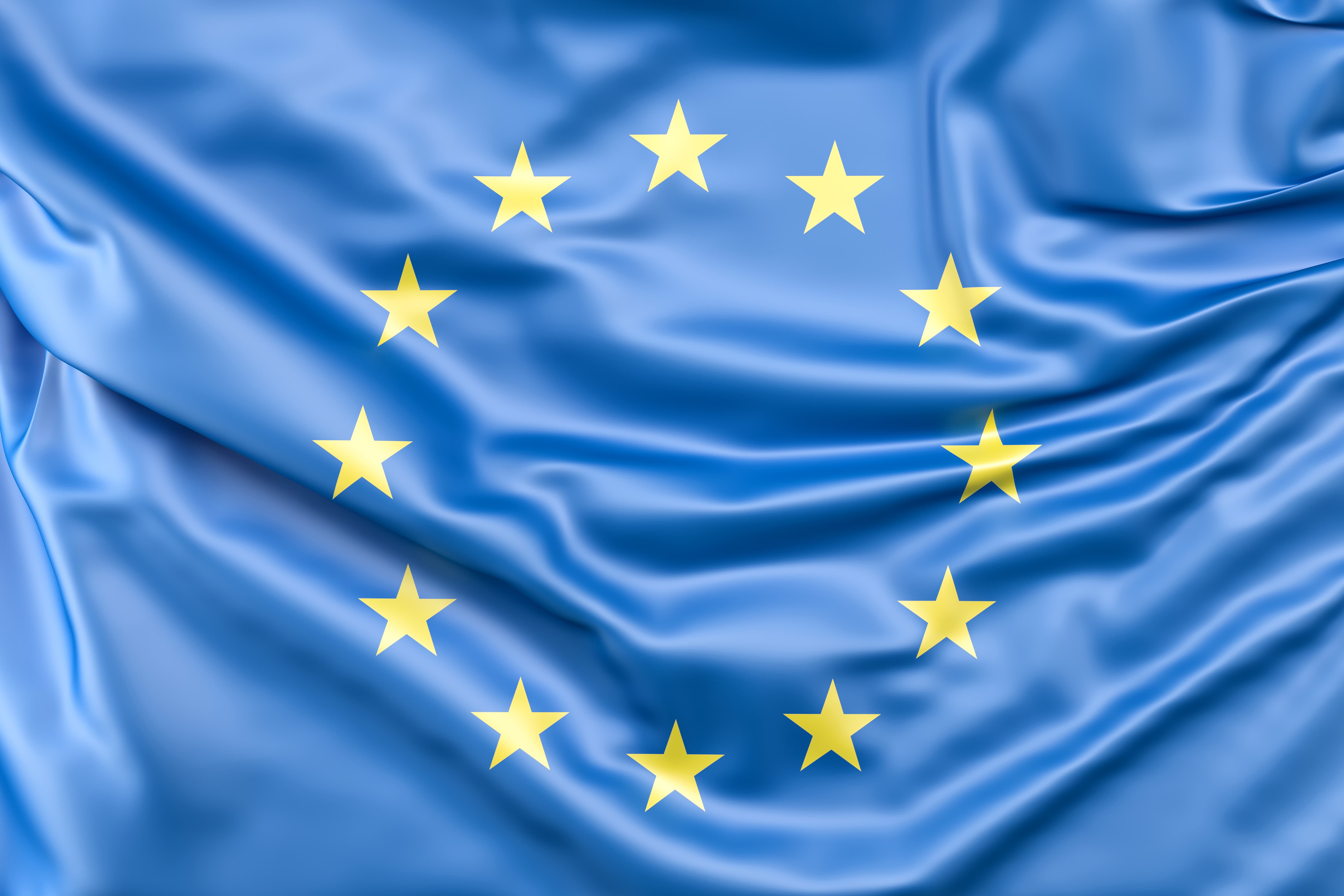Supermarket chain Wegmans Food Markets is facing scrutiny over its use of facial recognition technology. The issue emerged after New York City stores displayed signs warning that biometric data could be collected for security purposes.
New York law requires businesses to disclose biometric data collection, but the wording of the notices alarmed privacy advocates. Wegmans later said it only uses facial recognition, not voice or eye scans, and only in a small number of higher-risk stores.
According to the US company, the system identifies individuals who have been previously flagged for misconduct, such as theft or threatening behaviour. Wegmans says facial recognition is just one investigative tool and that all actions are subject to human review.
Critics argue the signage suggests broader surveillance than the company admits. Wegmans has not explained why the notices mention eyes and voice if that data is not collected, or when the wording might be revised.
Lawmakers in Connecticut have now proposed a ban on retail facial recognition. Supporters say grocery shopping is essential and that biometric monitoring weakens meaningful customer consent.
Would you like to learn more about AI, tech, and digital diplomacy? If so, ask our Diplo chatbot!










